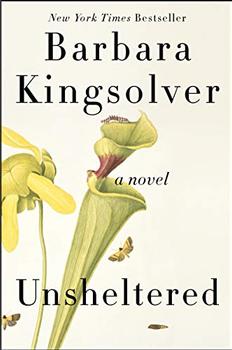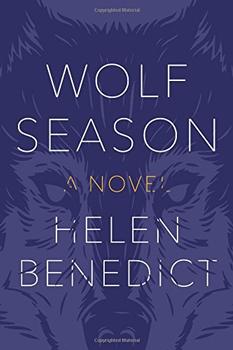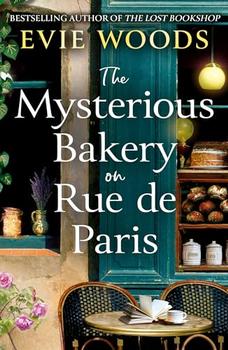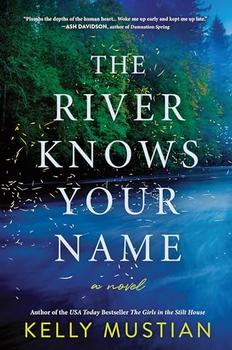Summary | Excerpt | Reviews | Beyond the book | Read-Alikes | Genres & Themes | Author Bio

A compulsively readable, deeply human novel that examines our most basic and unquenchable emotion: want. With a satirist's eye and a romantic's heart, Miles captures the morass and comedy of contemporary life in all its excess.
With his critically acclaimed first novel, Jonathan Miles was widely praised as a comic genius "after something bigger" (Los Angeles Times) whose fiction was "not just philosophically but emotionally rewarding" (New York Times Book Review).
Now, in his much anticipated second novel, Want Not, Miles takes a giant leap forward with this highly inventive and corrosively funny story of our times, a three-pronged tale of human excess that sifts through the detritus of several disparate lives - lost loves, blown chances, countless words and deeds misdirected or misunderstood - all conjoined in their come-hell-or-high-water search for fulfillment.
As the novel opens on Thanksgiving Day, readers are telescoped into three different worlds in various states of disrepair - a young freegan couple living off the grid in New York City; a once-prominent linguist, sacked at midlife by the dissolution of his marriage and his father's losing battle with Alzheimer's; and a self-made debt-collecting magnate, whose brute talent for squeezing money out of unlikely places has yielded him a royal existence, trophy wife included.
Want and desire propel these characters forward toward something, anything, more, until their worlds collide, briefly, randomly, yet irrevocably, in a shattering ending that will haunt readers long after the last page is turned.
With a satirist's eye and a romantic's heart, Miles captures the morass and comedy of contemporary life in all its excess. Bold, unblinking, unforgettable in its irony and pathos, Want Not is a wicked, bighearted literary novel that confirms the arrival of a major voice in American fiction.
Want Not affirms the validity of human stories in spite of the seemingly overwhelming problem of wastefulness. What we waste, what we create accidentally, what we accumulate: these can all form a sort of physical legacy. Like Miles's characters, readers must recognize that true value is based not in what we hoard or what we throw away, but in the ties we form in life...continued
Full Review
(853 words)
This review is available to non-members for a limited time. For full access,
become a member today.
(Reviewed by Rebecca Foster).
Food waste, one of the key issues underlying Jonathan Miles's Want Not, is a problem that is beginning to draw more attention worldwide. Every year American households and retailers throw away 40 million tons of usable food. In early 2013 the UK Institution of Mechanical Engineers issued a report, entitled "Global Food; Waste Not, Want Not," which estimated that 30-50% of food produced worldwide goes to waste. This is due to a combination of factors including supermarkets' strict aesthetic standards for produce, restaurants' super-sized portions, consumers buying more than they need or not using food in time (often spurred by buy-one-get-one-free deals), and inefficient methods of food harvesting and transportation in developing nations. ...
This "beyond the book" feature is available to non-members for a limited time. Join today for full access.

If you liked Want Not, try these:

by Barbara Kingsolver
Published 2019
A timely novel that interweaves past and present to explore the human capacity for resiliency and compassion in times of great upheaval.

by Helen Benedict
Published 2017
After a hurricane devastates a small town in upstate New York, the lives of three women and their young children are irrevocably changed.



Knowledge is of two kinds. We know a subject ourselves, or we know where we can find information on it.
Click Here to find out who said this, as well as discovering other famous literary quotes!